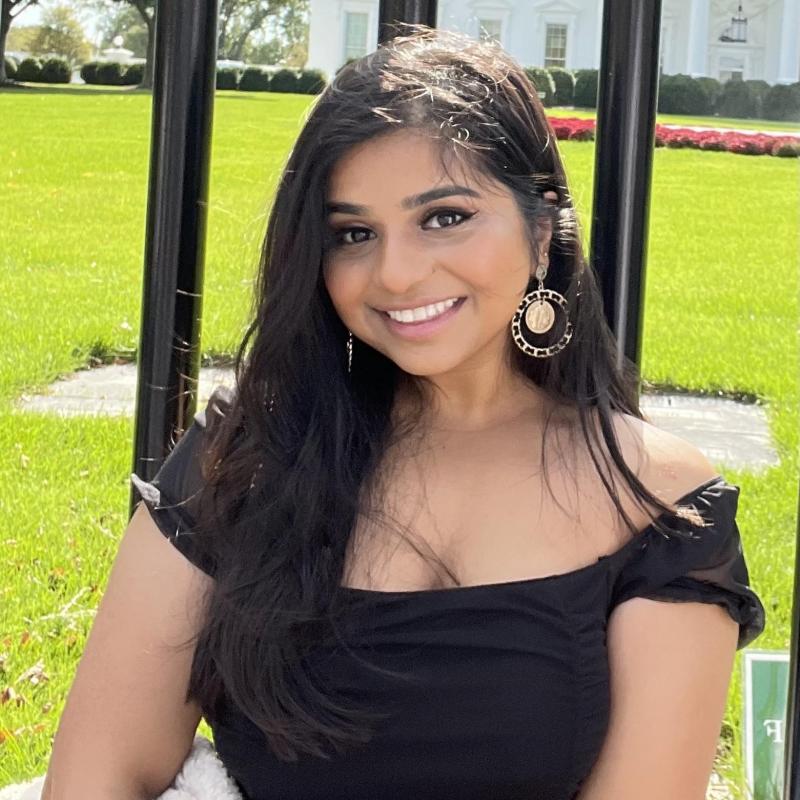The Beauty of Change
For teenagers, this point of their life is like, sooo important and full of challenges. The drama between friends, annoying parents, daydreaming about crushes, and that one terrible class at school? It almost makes a person glad that they’re not stuck in high school anymore. For the team at the UPMC Center for Adolescent Medicine though, some of these thoughts are different for their patients. While every teenager comes in for different reasons, all faculty focus is on how to promote their voice for care with intention.
For many adolescent patients, once they turn eighteen a new primary care physician is assigned, resulting in a disconnect between pediatrics and adult primary care. Notes can be lost in the system, relationships between patient and physician are strained, and confidence in the system lowers. Faculty in the division are trying to mitigate this issue by changing their approach to how a young adult is transferred over to the services they have to use for the remainder of their life. While implementations such as centralizing all specialties for easier information access is one way to strengthen communication between both departments and patients, patient support has to be prioritized. Working on programs that apply sources such as the federal GotTransition resource center or selected patient feedback can make it easier for teenagers to gain the confidence they need to leave pediatrics smoothly. Application of these ideas might take time, but the expected results are much worth it.
My service site differs from the other members of my cohort as it is not all clinical, nor do I do the same general tasks daily. While this was a bit overwhelming at first, I grew to love the variety of skill sets I’ve acquired to complete day-to-day goals. Due to the nature of the department, I have the pleasure of meeting a variety of individuals who have different roles within the Adolescent Division. Their service comes together harmoniously for the common goal of health equity for all. Physicians assigned me projects to create a smoother transition process for the department and eventually, the UPMC hospital system. Social workers and medical students collaborate with me on a Quality Improvement project for food insecurity within the clinic, increasing both patient knowledge and participation. Community navigators educate me in depth on LGBTQ+ issues, and subsequently participate in events for others to learn more about gender-affirming care for adolescents (also once where I had the pleasure to meet Billy Porter!).
Like pieces in a puzzle, nobody is above the other - rather every person is working to create a magnificent image together. My individual piece also had the privilege to lead the Children's Hospital's Advisory Network for Guidance and Empowerment (CHANGE) program on my own. Focusing on teenagers and young professionals with disabilities, I had the opportunity to curate sessions on adulthood with a medical twist. Presentations on navigating insurance, relationships as an adult with a disability, and booking nationally renowned disability rights activists to speak gave me a first-hand view of the deep and troubling complexities of the healthcare system, especially for teenagers with disabilities.
While adolescent patients are minors, they still deserve the dignity to let their voices be heard - especially regarding their healthcare. Looking back on my experiences as a teenage patient, I ponder how my care could have been tailored for better health outcomes if my physicians simply listened. My experiences of the physical and emotional state of my own body and mind were valid, and it is comforting to see that a new process is forming for adolescent autonomy. As a famed unknown proverb once said, “It takes a village to raise a child”. With a team of physicians, social workers, nurses, public health leaders, and more, this sentiment resonates deeply. While the diverse pathways to adulthood can be very frightening at times, a helping hand from their community can show a young adult to see that change can be a beautiful thing.
I came into this program with a love for service and the life-changing perspective it provides. Having the opportunity to serve as the Youth Engagement Program Coordinator was a wonderful privilege, and I found even more love for the future. While I navigate a different type of change in the coming months, I will never forget the individuals who reaffirmed my fondness for advocacy, healthcare, and bonding through our common humanity. A quote from former President Barack Obama has always stuck with me: “Change will not come if we wait for some other person, or if we wait for some other time. We are the ones we’ve been waiting for. We are the change that we seek.”.
Host Site
120 Lytton Avenue
Mezzanine Floor, Suite M060
Pittsburgh, PA 15213
120 Lytton Avenue
Mezzanine Floor, Suite M060
Pittsburgh, PA 15213
